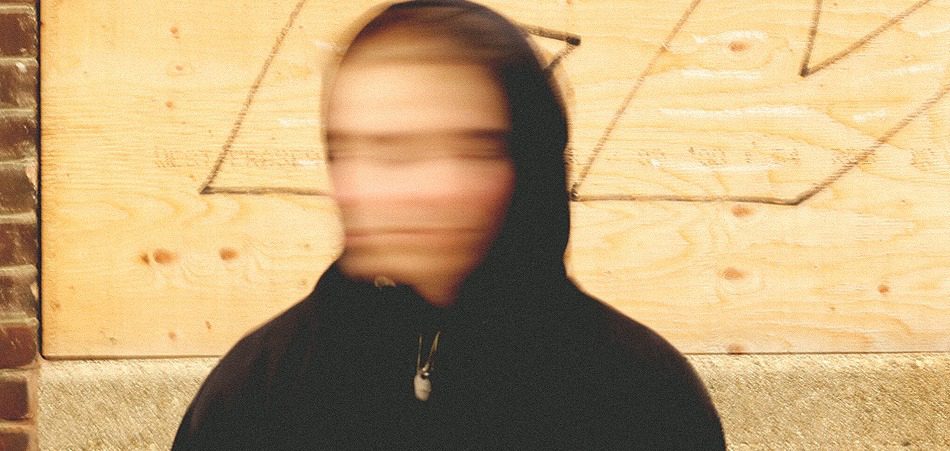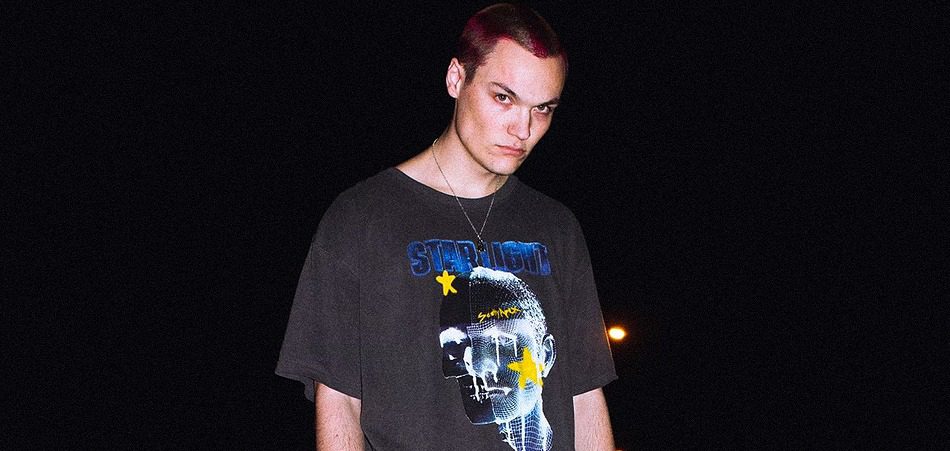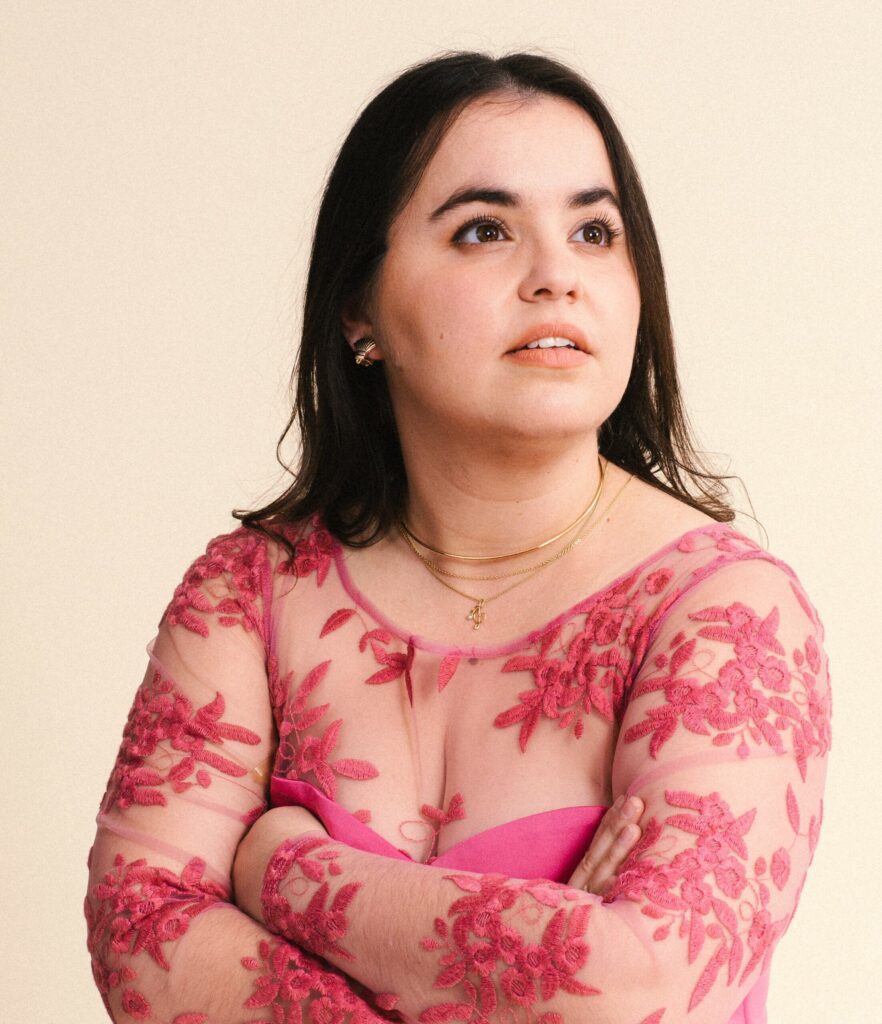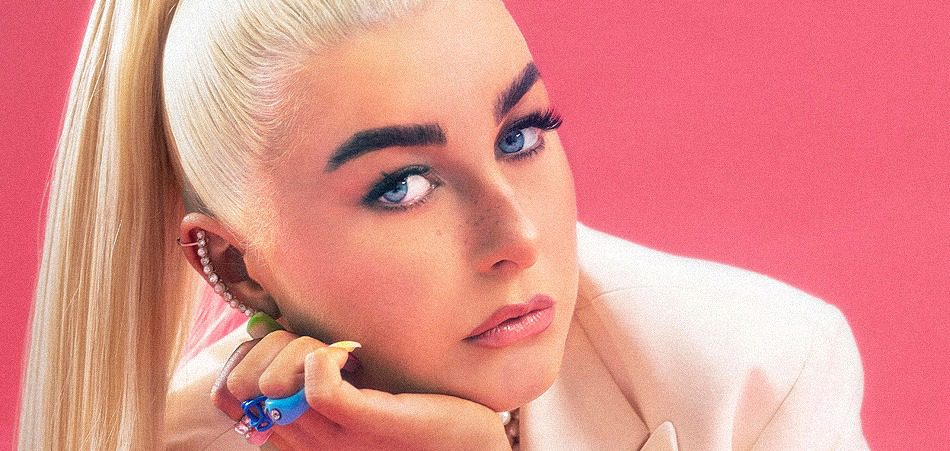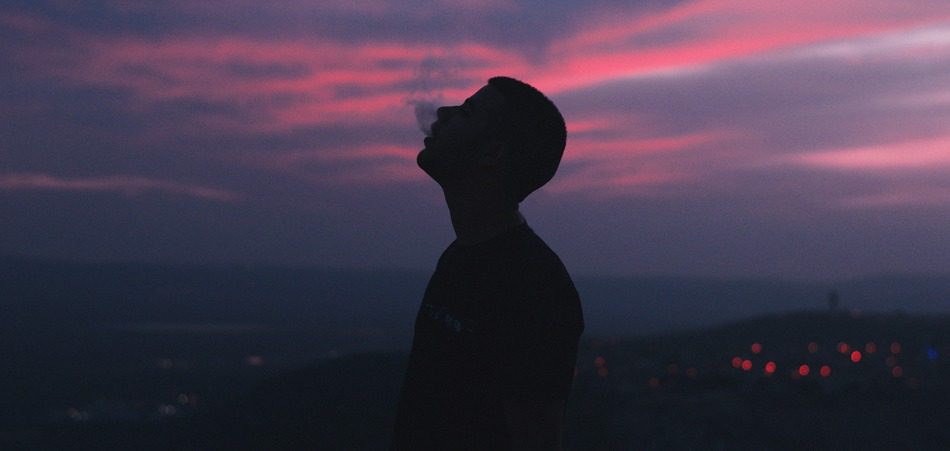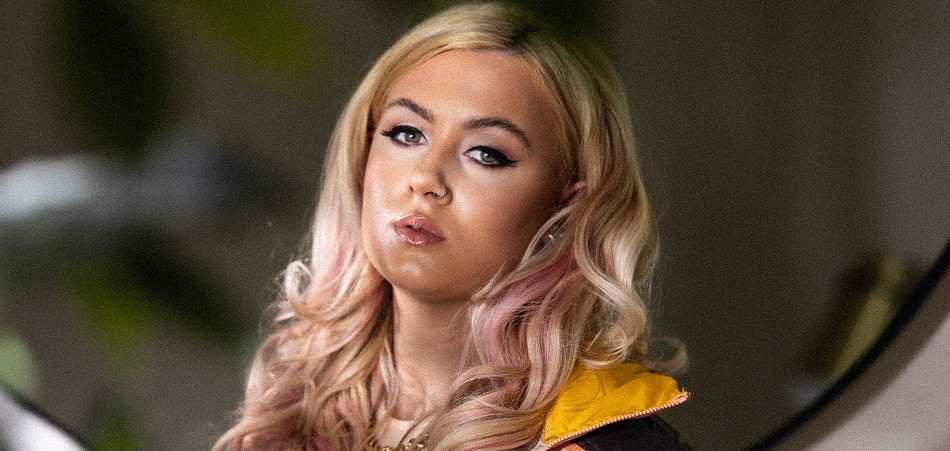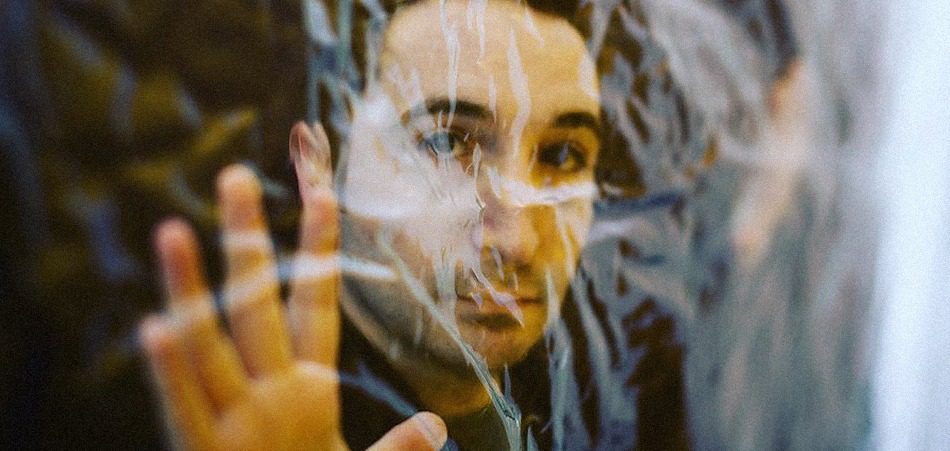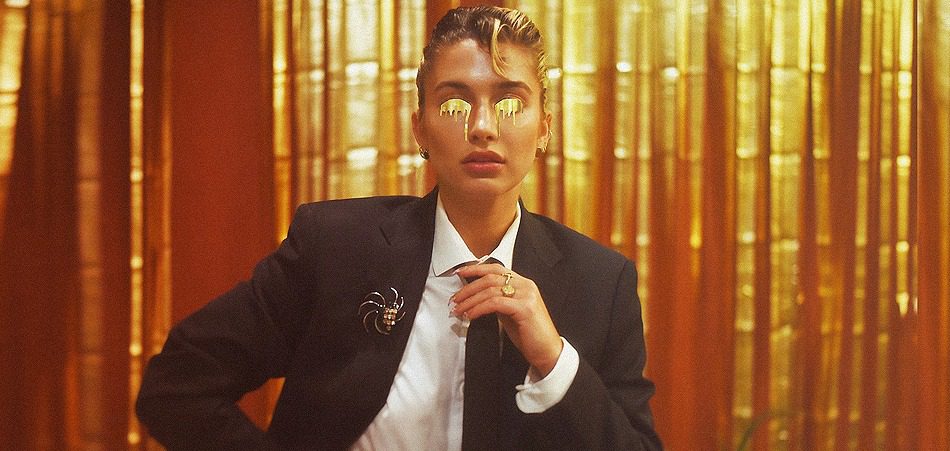If you saw Zach Farache walking down the street, you probably wouldn’t think much of it. He’s just a normal guy, twenty three years old — his ‘Jordan Year’—as he says. He has a girlfriend. He likes Playboi Carti, and gets take-out fried chicken sometimes. But a quick web search of the moniker ‘verzache’ would tell you that this person is a Toronto-based music producer, active since 2014, who is hailed as “The King of Bedroom Pop”. In 2016, he released “French” and “The Loser”, two DIY songs that weren’t much more than a guitar, grainy effects, and some echoing vocals, driven by the spirit of a teenager discovering a passion for studio production. On his 2017 releases “Ice Cream”, “Hiccup” and D97, he began to dive deeper into rapping and lo-fi hip-hop, while making a professional shift into something that was ‘not so bedroom’ anymore. Since then, he has amplified his sound, honed his musicianship, and found his own footing between the indie and hip-hop genres. Released on March 5, his new album My Head is a Moshpit is an exploration into the artist’s state of mind, an autobiographical statement about mental anguish in young adulthood.
“I just moved downtown this year,” he says, leaning to the side so his webcam catches a shot of the CN Tower outside his window. Over an exclusive video interview with EARMILK, the Toronto musician says that he has grown a lot since moving out of his parents’ place in the suburbs. He enjoys all the city has to offer, with an emphasis on the food and the music. The sidelined musician likes to get fried chicken from a local restaurant, PG Clucks, which he calls “the best fried chicken in Toronto.” There hasn’t been much live music going on in the city, but he’s excited for it to return once the pandemic ends. His new-found independence, he has all the time he wants to devote to music, but living on his own has also shown him new struggles as well. “When you have the option to do anything, you also have the option to do nothing,” he said. “That’s dangerous. And that’s something I’ve learned within the process, especially during COVID, being inside a lot. It’s tough. [The] artist life has forced me to make sure I have my shit together.”
In the intro track, “Forgot”, Verzache introduces us to his struggle of loneliness, and loss of motivation. It reflects the sentiment felt by many others his age, who can’t find a sense of self in the vapid age of social media, coming of age during the unprecedented time of the COVID-19 pandemic. The whole album has tinges of isolation and self-doubt. He enjoys his new lifestyle, but the new-found loneliness has caused some second guesses.
Been struggling but moving on
And I been thinking too much when I’m alone
I’m so gone, man, I forgot
Losing sight of what I want
– chorus of “Forgot”
“This process of working on this album has been a shitshow,” Farache said. “It was a lot of emotional distress, [but] a lot of fun I would say too.” The album deals with themes of anxiety, depression, confusion, drug-use, being lost in the world and not knowing your place. For Verzache, the project was a deep dive into his own psyche. As his own personal therapy, he uses the music-making process as an avenue to deal with his own issues.
My Head is a Moshpit is an honest look at what goes through the mind of a young adult at a time when there doesn’t seem to be much hope in the world. With track names like “Evil”, “These Walls”, “Figure It Out”, and “Coping Mechanisms”, it’s obvious that this album comes from a very dark place. A mosh pit, a rather aggressive pastime of rock fans where they smash into each other as a form of dance and celebration, is the figurative key behind the album. Whereas it usually ends up with sounds ‘getting the shit beat of them’, Farache describes MHIAM as “mentally getting the shit beat out of [him].”
“I sent the project to my parents with a little description beforehand, just being like “I’m good now, do not freak about this, please,” he said. The project is deeply personal, and mostly autobiographical. According to Farache, it was hard to overcome the fear of releasing something so private and honest for the world to hear. “It’s something that’s stressed me big time throughout making it.” he said. “And when I finished it I was like ‘Oh fuck, I am going to get soooo many calls from my family when this drops.’”
“I’m good now,” he said. Farache is acutely aware of the stigmas behind mental illness, and all the confounding issues it brings along. He made this album in hopes to bring awareness to issues like mental illness and drug abuse. “I feel like there’s a lot of things younger people can relate to in this,” he said. “I’m hoping that people will know they’re not alone in certain things that might make them feel isolated. Whether it’s emotionally, or in a relationship, like the stress, or it’s just some personal mental battle.”
“On the album artwork, in the bottom right of there is like a little brain,” he said. “A little happy brain. We put that there to signify mental wellness. I wanted it to be there because you gotta take care of the mental. I’m a big supporter of that.”
Despite the darker tones of the album as a whole, it still has plenty of bright highlights with tracks like “All I Need” and “Tongue Tied”. They’re pop chart material, driven by a chorus, and carry uplifting moods to them. “There’s lot’s of contradictory shit [in the album].” Farache said. Mosh Pits aren’t just a massive mob of aggression, it’s an act of letting go of yourself, forgetting who you are, and joining in the energy to let loose; they can be a lot of fun. It’s about meshing together with others to create something new and fleeting. “‘Emotions’,’music styles’, and ‘experiences’, all of it clashing into each other,” he said. “[My Head is a Moshpit] is signifying a big mess, a lot of emotions, a big journey.”
The album is a big journey for Verzache no doubt. Since his humble bedroom lo-fi beginnings, he’s developed an incredible style. His 2016 single “French” is a simple boom-bap beat overlaid with spliced vocals, and a lot of reverb. It’s a good song, but it’s nothing groundbreaking or award winning. In a track like “These Walls” you can see his style still carries a lot of those same tones, but since then Verzache has become a studio master, and more importantly, developed purpose in his music. The guitar is defined better, and the background effects are much more streamlined. He is more confident in his voice, and has better control over it. Overall, Verzache has become way better at creating a cohesive vibe. According to Farache, making music has helped him a lot in his personal life, allowing him to settle a lot of issues and gain confidence in himself, and he hopes that those who listen to him will be able to find their own inspiration through his example.
“For me, getting this out makes me feel good,” he said. “I think that other people will benefit from this in the end. If people benefit from this, from what I’ve done here, and it takes me having to open up for other people to take the courage to open up too, let’s do it. I’m all about that.”
Connect with Verzchache: Twitter | Instagram | SoundCloud


